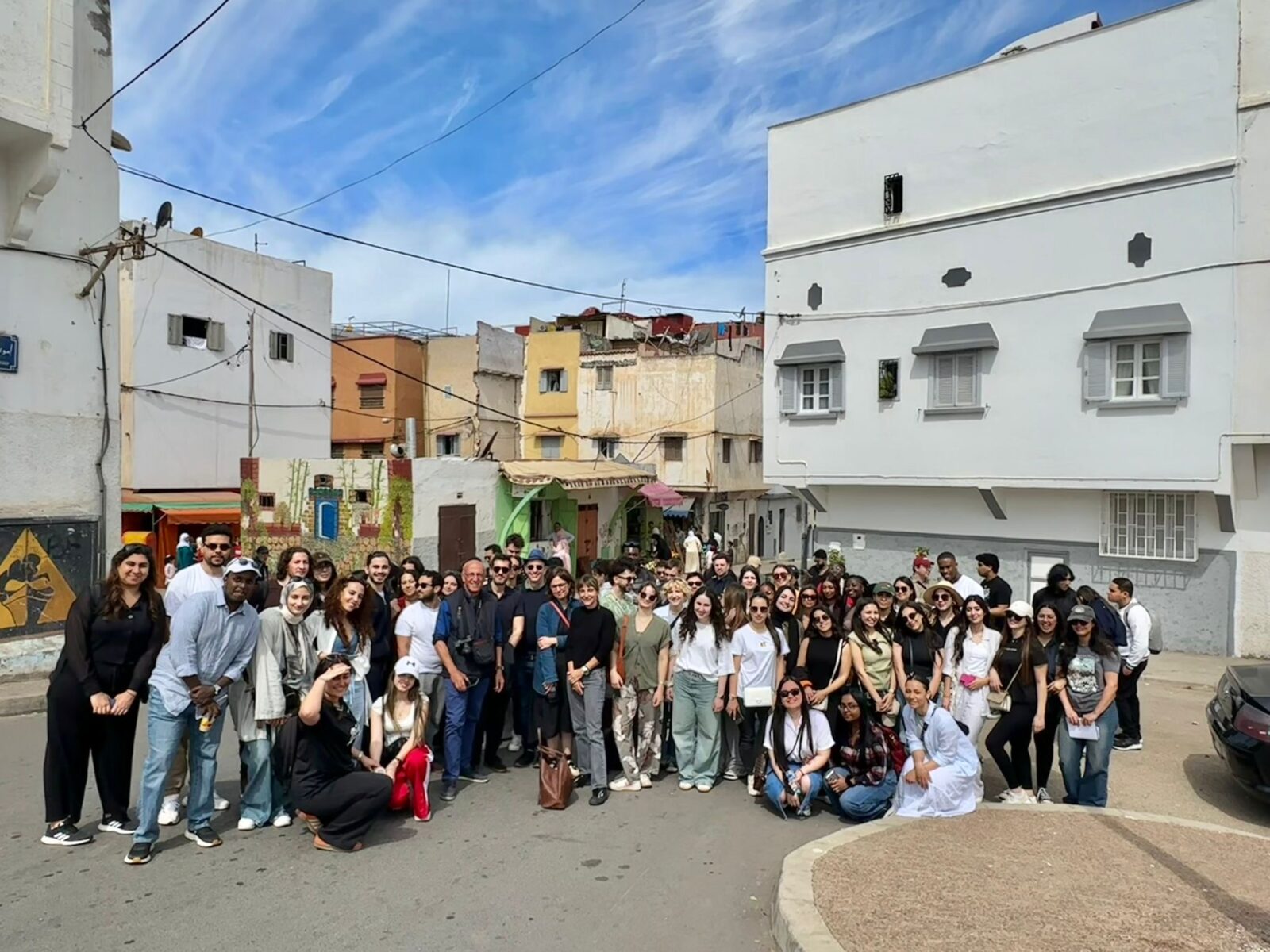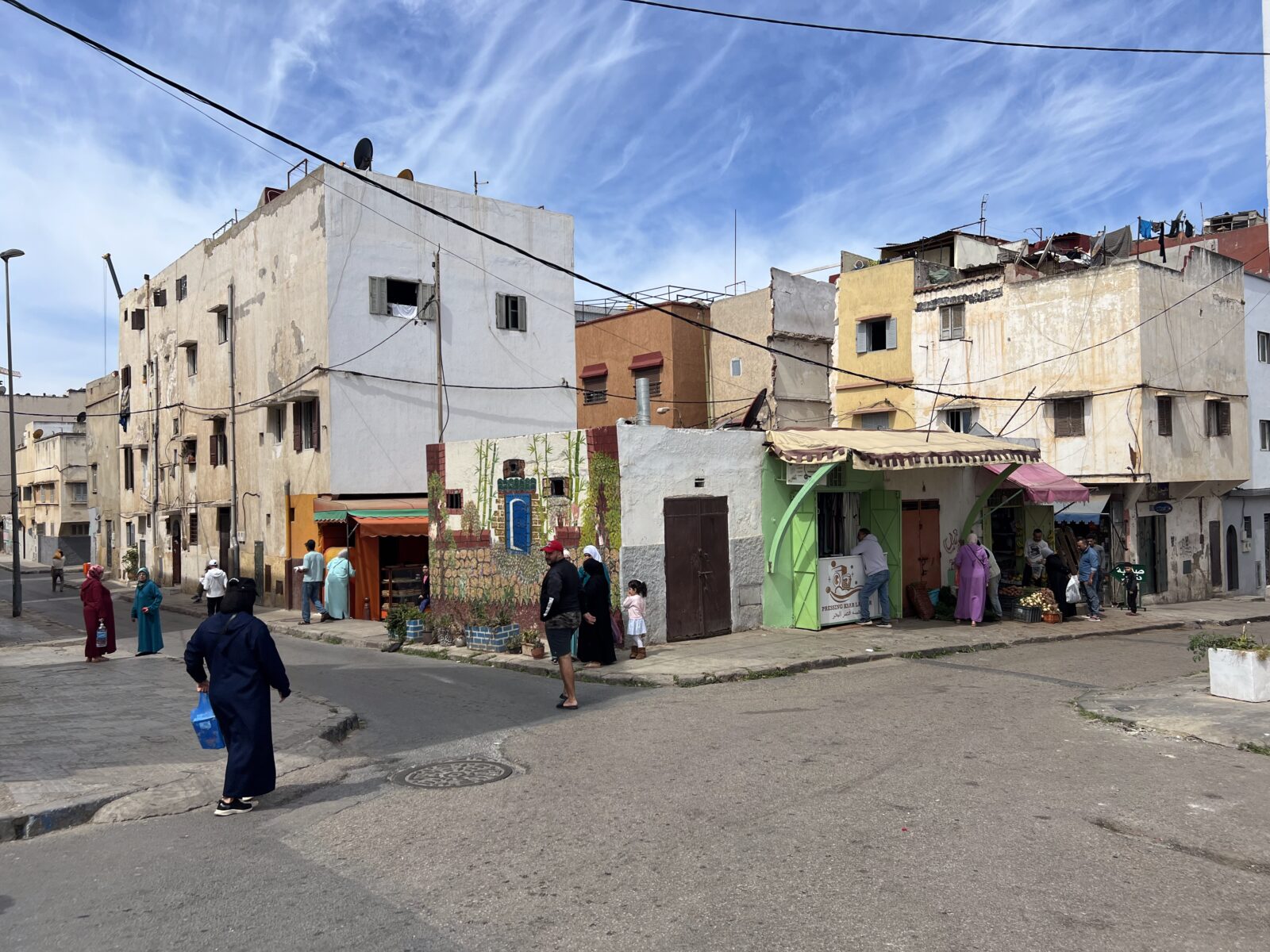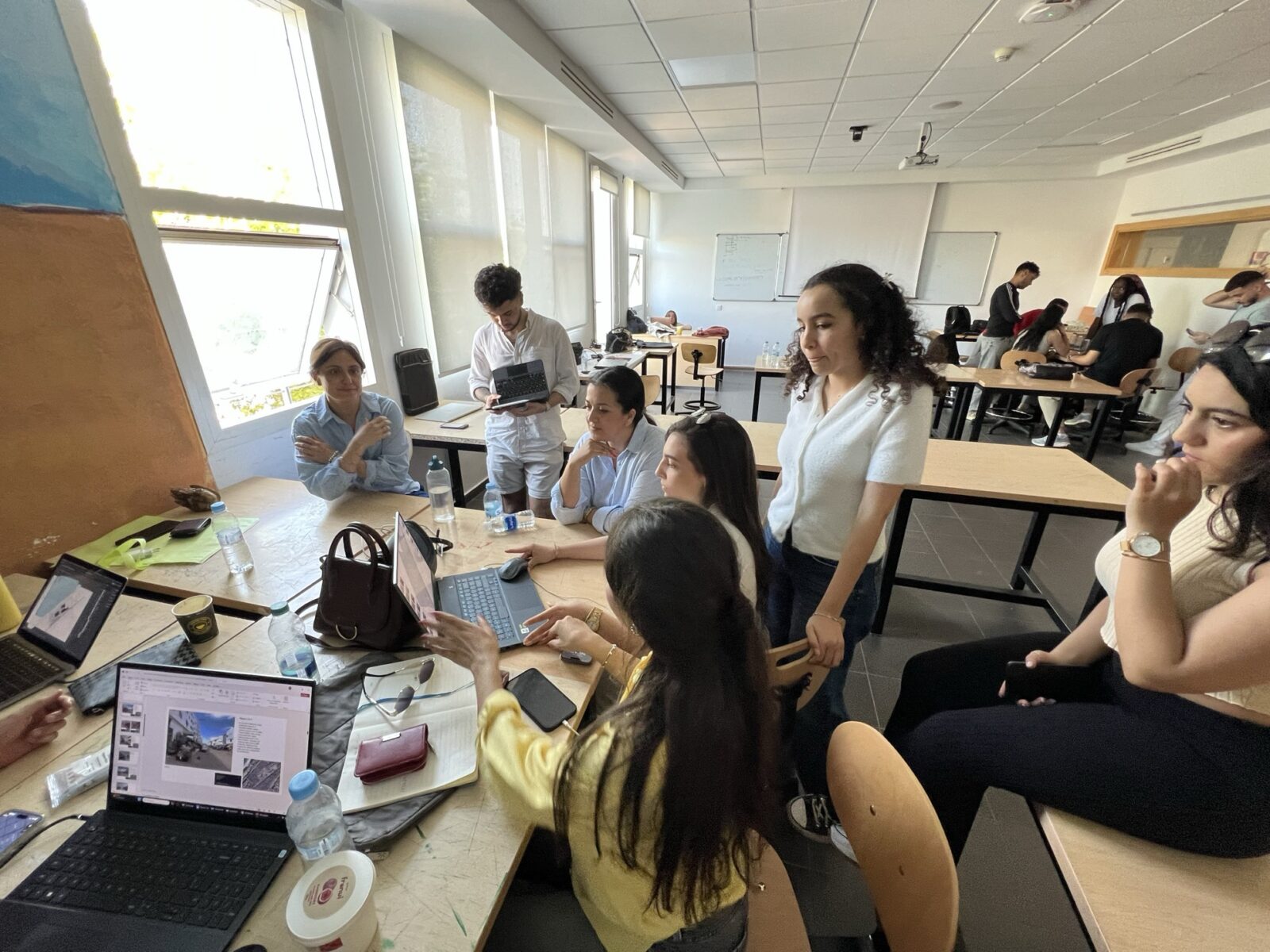MA International Planning and Sustainable Development 2025 Welcome to MORE 2025


The neighbourhood of El Akkari in Rabat, Morocco

Intensive joint workshop between UoW and the International University of Rabat, Morocco
Giulio Verdini (Course Leader), Krystallia Kamvasinou, Lindsay Bremner, Jim Coleman, Ripin Kalra, David Mathewson, Peter Sharratt, Abubokkar Siddiki
Giulio Verdini is Reader in Urban Planning and Director of Global Engagement at the School of Architecture + Cities, and Visiting Professor at International University of Rabat, Morocco. His research explores resilient urban transitions in the context of the global south.
Krystallia Kamvasinou is Reader in Planning, Urban Design and Architecture, and co-convenor of the Emerging Territories Research Group at the School of Architecture + Cities. Her research focuses on the topic of interim spaces and creative use and has been widely published in academic journals and books.
THIS COURSE EXPLORES contemporary theories, policy and practice in international urban planning and design for sustainable development in both the global north and south. Students undertaking this Masters course learn how to develop inclusive, safe, resilient and sustainable cities, in line with UN Sustainable Development Goal 11. By exploring a wide range of growing climate change and other environmental, economic and social pressures and risks, students are equipped to operate internationally, providing context-based and culturally-sensitive solutions to forge sustainable urban futures.
Structured around written assignments and studio-based projects undertaken in group workshops, and supported by lectures, seminars, tutorials and site visits, the course is grounded in three core modules: Planning in a Globalising World; International Spatial Planning Practice; and Sustainable Neighbourhood Development. Students then choose to follow one of two pathways: Spatial Planning has a strong urban design component and an emphasis on development planning; alternatively, the Urban Resilience pathway has a sustainable development focus emphasising climate change risks, adaptation planning and natural hazard risk management. Students are encouraged to think comparatively and reflect critically on planning and design approaches, considering their international transferability and local application. Throughout the course, students are exposed to a wide range of innovative planning methods.
As the University of Westminster was the first UK UN-Habitat partner university, the course has benefitted since its inception from the input and contribution of a range of academics and practitioners widely involved in international development organisations.
Throughout their studies students engage in hands-on exercises and applied research projects based on real-world cases, such as upgrading informal urban settlements, masterplanning and urban renewal of low-income neighbourhoods. The course is fully accredited by the Royal Town Planning Institute (RTPI) as a ‘combined planning programme’.
Guest Critics: Imane Bkiri (Centre Jacques Berque, Rabat), Darshana Chauhan (Co Plug), Nandini Dasgupta, Didem Ertem, Kim Hitch (King’s Foundation), Filomena Russo
Special Thanks: Imane Benanni and Youssef El Ganadi (International University of Rabat), Pilar Guerrieri (Polytechnic of Milan), Moshin Ganai (Z&G Global), Olivier Sykes (University of Liverpool)
Students:
- Emmanuella Acquah
- Andrea Arellano
- Mei Chung
- Anna Duffy
- Yelena Macias Garcia
- Nasim Ghadirzadeh
- Monica Kfuri
- Harmony Mason
